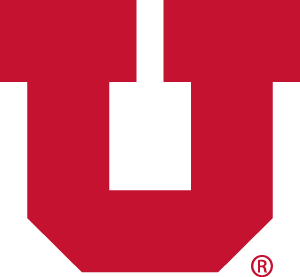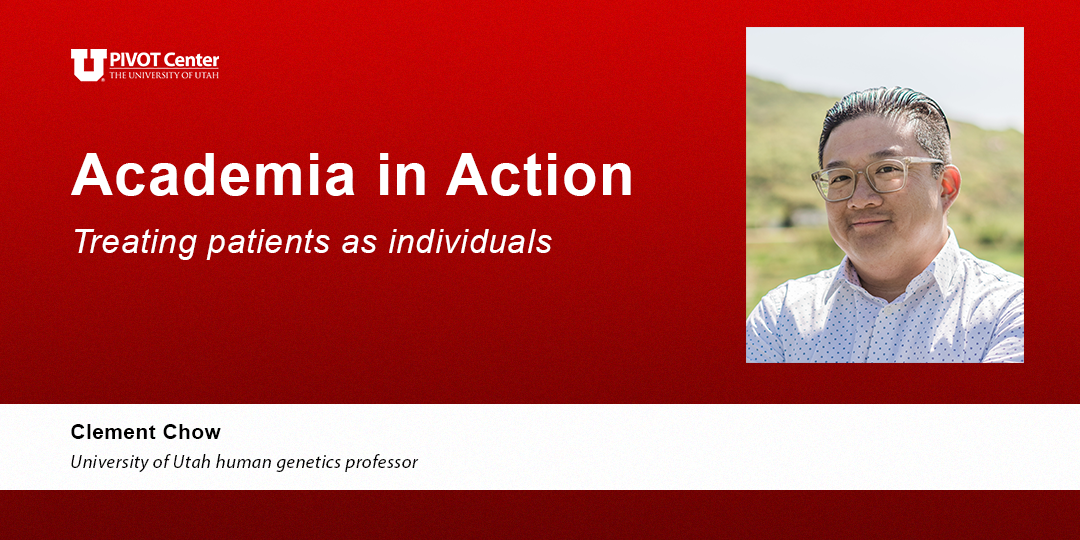By their very nature, rare diseases impact a smaller portion of the population compared to conditions like cancer or the flu. While these diseases are less common, those affected by them are actively searching for a cure.
“The current state of rare disease work is that there isn’t enough people working on any of them,” said University of Utah human genetics professor Clement Chow. The lack of rare disease funding and research has led many families and foundations to think outside the box and find ways to support the research themselves. “A lot of rare disease families and foundations have become quite savvy at this, and so working with them one on one is actually really easy.”
Chow and his lab have worked with many of these families and foundations since he came to the U in 2015. “It brings a new urgency to the work for people in my lab, which I think is good,” Chow said.
His lab is focused on developing precision medicine for rare diseases and discovering genetic variations that cause people to react differently to the same disease. “The patients are individuals, so we treat them as individuals.”
In order to better understand these genetic modifiers, Chow found an interesting solution to model the potential variants floating among the population: fruit flies.
“Because the fruit fly is small, cheap and fast, we can do massive experiments that people in mouse labs can only dream of,” he said. “We take a model of a particular rare disease, and we cross it into a couple hundred different genetic backgrounds in the flies. What that gives us is basically a number of fly strains that you can think of as different individuals with different genetic backgrounds, all with the same disorder.”
The patients are individuals, so we treat them as individuals.
From there, Chow and his lab map these modifiers and work to identify which ones could make potential drug targets. This work developed into a second focus for the lab: a drug screening pipeline.
“We really wanted to be doing real precision medicine in the lab and using these tools that we have that work really well in the lab to try to benefit the patients,” Chow said. “The whole idea behind this pipeline is to be able to identify a patient in the clinic—or a model in the lab for that patient—do a screen for that patient and potentially suggest a new drug for that same patient.”
The lab’s goal for this pipeline is to make it as efficient, fast and cost effective as possible, so they only screen FDA approved molecules that can be taken to the clinic and used off-label to treat patients. Now the lab can screen about 1,600 drugs in four months.
The pipeline caught the eye of multiple rare disease families and foundations that now partner with Chow’s lab to perform the screens in their particular rare disease. Chow’s work with these families and foundations was recently featured on KSL.com and Nature Biotechnology.
Chow’s research focus developed as a combination of his graduate school and postdoc experiences. As a grad student, he studied a handful of rare, neurodegenerative diseases, and during his postdoc, he delved into modifier genes. “When I got to the U, it seemed kind of obvious that that there was a lot of good collaboration between clinicians, and the rare disease program is very strong,” he said. “So, we started focusing primarily on rare disease and trying to marry the two sets of training I had.”
His first opportunity to merge those two training came in the form of a fellow U professor whose child was diagnosed with a rare disease. “He learned about my lab and contacted me, saying, ‘Hey if you want to work on this, let’s see if we can make any progress.’ It was up my alley, and so we decided to go after it.”
Purposeful science
A common phrase among scientists is that they “go where the science takes you.” Oftentimes, that doesn’t result in translational research or commercialization, but Chow said he believes you can choose which direction to take.
“You go wherever the science takes you, but the science can take you in 10 different directions,” he said. For example, Chow said the screens his lab does are just basic science. “For us, at least, we can always go after ones that we think will be beneficial.
“If you were interested in thinking about the usefulness of research, humanity or commercialization, I think you can choose to position your research in that direction without losing any basic science,” he continued.
When he does find something in his lab that could be useful to humanity, he reaches out to PIVOT for guidance and education on matters like IP. “We find a lot of things in our studies in both sides of the lab that we want to be useful or that we want to move towards therapy. So, if something is promising, we really want to get it in front of PIVOT and think about what the next steps are to move it forward.”



